Iraq no longer needs foreign combat forces: PM Sudani
Iraq’s Prime Minister Mohammed Shia al-Sudani has lauded sacrifices made by the Iraqi military forces in the fight against terrorism, noting that the presence of foreign troops is no longer needed in the Arab country.
Sudani made the statement in a meeting on Monday with a number of Iraq’s military commanders and officials who played a key role in the country’s 2017 victory against the Daesh terrorist group and the liberation of Mosul in the northern province of Nineveh from the clutches of the Takfiri outfit.
The premier praised the “heroic” performance of the various divisions of the Iraqi armed and security forces as well as their sacrifices in order to achieve victory and provide security for the whole country.
"We have the right to be proud of the sacrifices of all Iraqis that thwarted the plot of Daesh and we remember all the martyrs with honor and respect,” Sudani said.
"Our battle with this terrorist group was a battle between truth and falsehood,” he added.
“The deviant ideology of Daesh, which was adopted in secretive circles, was intended to dominate the region, and the standing of the religious authority represented by His Eminence, Grand Ayatollah Ali al-Sistani, and the sacrifices of the Iraqis are what aborted the plot of Daesh."
Sudani pointed to the consolidation of security across Iraq after the defeat of Daesh and the unity among Iraqi people and military forces to fight terrorism in the Arab country.
"Today, Iraq does not need foreign combat forces, and we are conducting advanced dialogues in order to determine the form of future relationship and cooperation with the international coalition," he said.
“The Iraqis have become, after the liberation battles, more united than ever before… All Iraqis fought in one trench from all nationalities, religions, sects and components."
Sudani also called for "reviewing all plans and preparations and staying at the current level of readiness required for any move that the terrorist outfit may resort to.”
The Iraqi prime minister stressed that lasting security and stability in the country are the “political and social goals” of his government.
Daesh began a campaign of terror in Iraq in 2014, overrunning vast swathes in lightning attacks. Iraq declared victory over the group in December 2017, after a three-year counterterrorism endeavor, which also had the support of Iran. The terror outfit’s remnants, though, keep staging sporadic attacks across Iraq, in an attempt to regroup.
There are various reports that the US occupation forces have on multiple occasions been transporting Daesh members to safe havens in Iraq and providing logistics for the terror outfit.
Some 2,500 US troops still remain inside the Arab country in what Washington describes as an “advisory” mission. US President Joe Biden and Iraq’s then-Prime Minister Mustafa al-Kadhimi declared in July 2021 that the US mission in Iraq would transition from combat to an “advisory” role by the end of that year.
After the 2020 assassination of Abu Mahdi al-Muhandis, the deputy head of the Popular Mobilization Units, along with the region’s legendary anti-terror commander, Iran's Lieutenant General Qassem Soleimani, Iraqi lawmakers ratified a bill that required the government to end the presence of all foreign military forces led by the US.
VIDEO | Press TV's news headlines
Hamas: Israel escalating ceasefire violations in Gaza
Venezuela's government declares unwavering unity behind Maduro
VIDEO | Global outcry over Venezuela president abduction
Iran keeps wheat import subsidies despite cutting other food supports
Venezuelan military stands with acting president after US kidnapping of Maduro
VIDEO | Press TV's news headlines
VIDEO | Protesters in Toronto slam US kidnapping of Venezuelan president


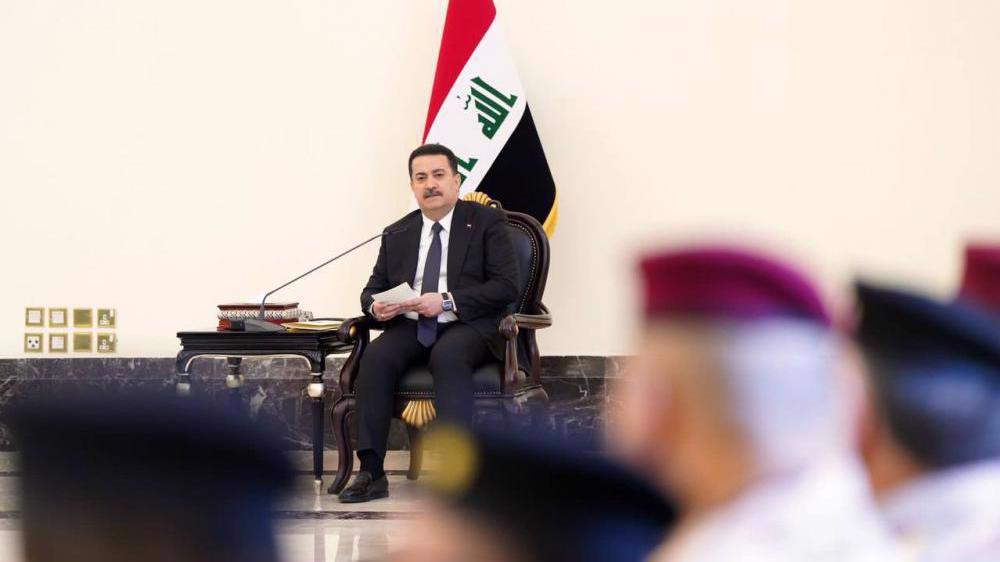
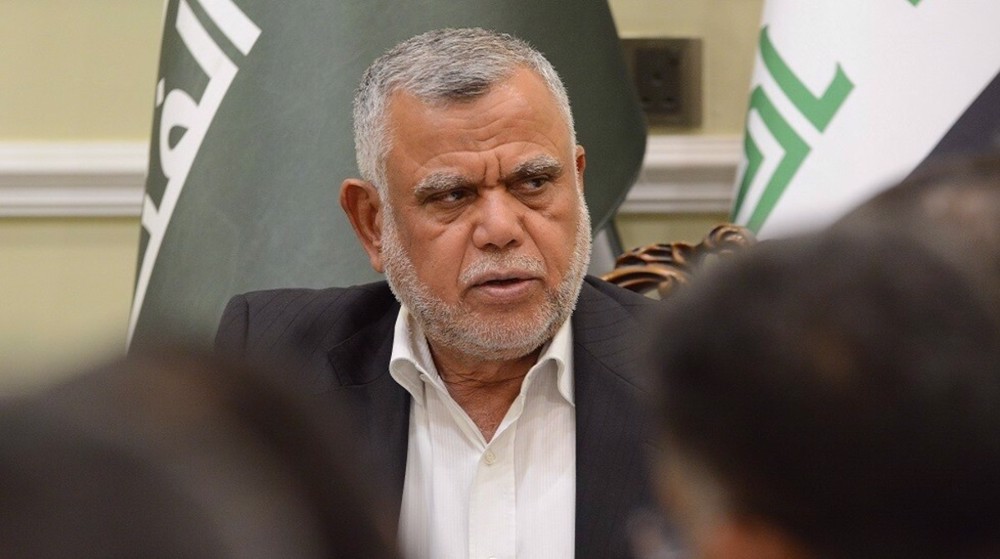
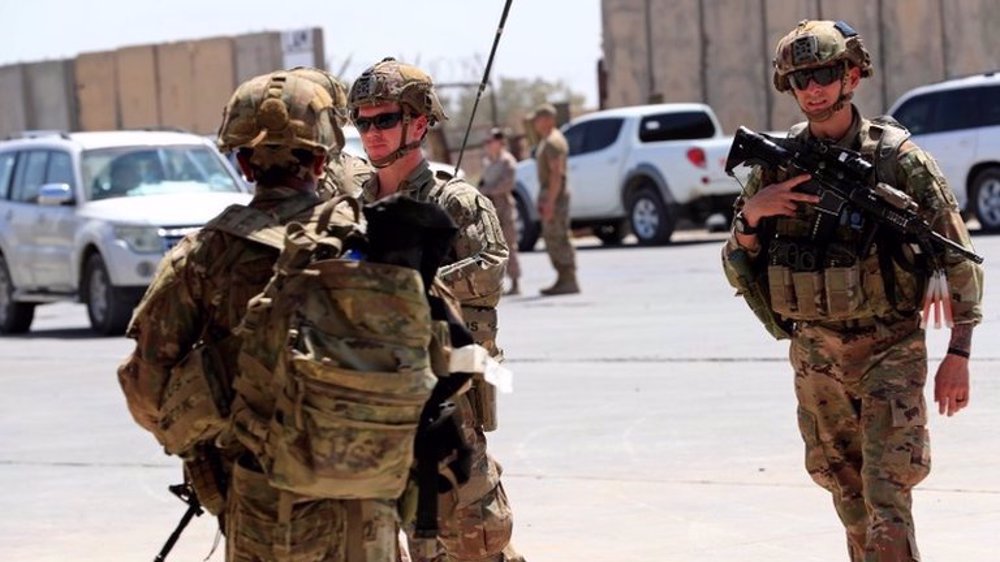
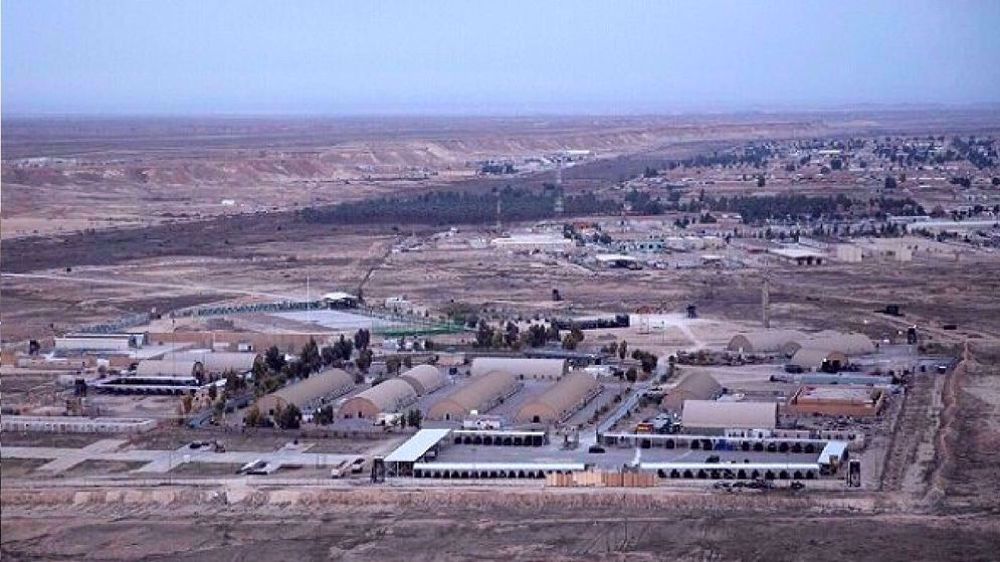
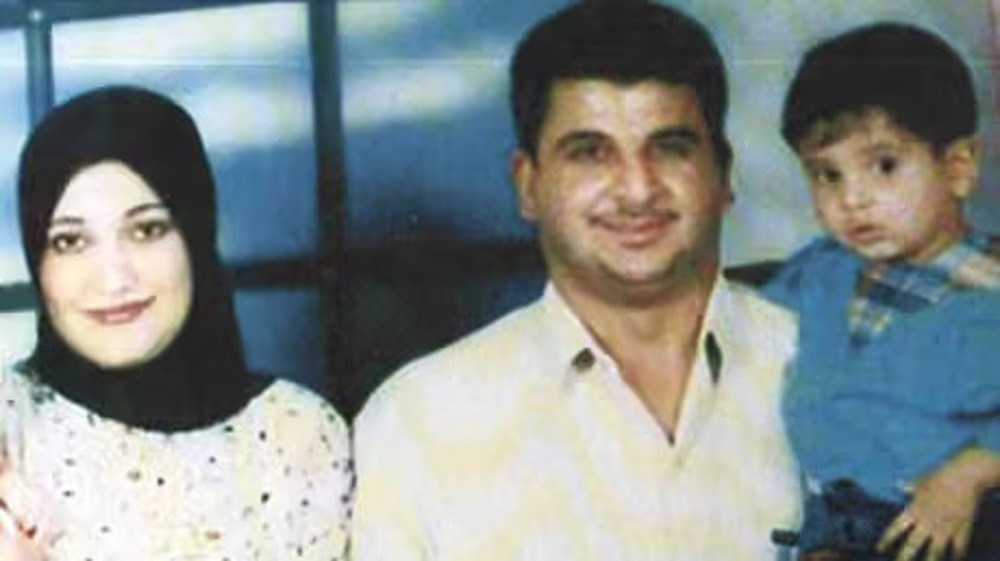
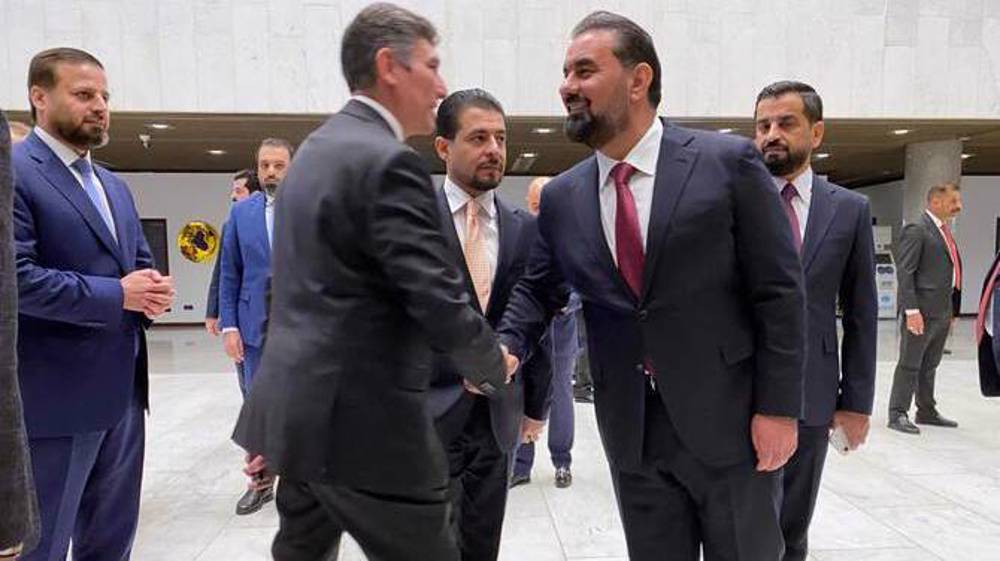




 This makes it easy to access the Press TV website
This makes it easy to access the Press TV website